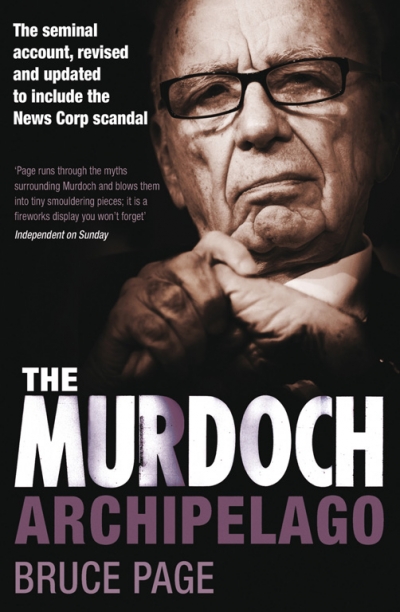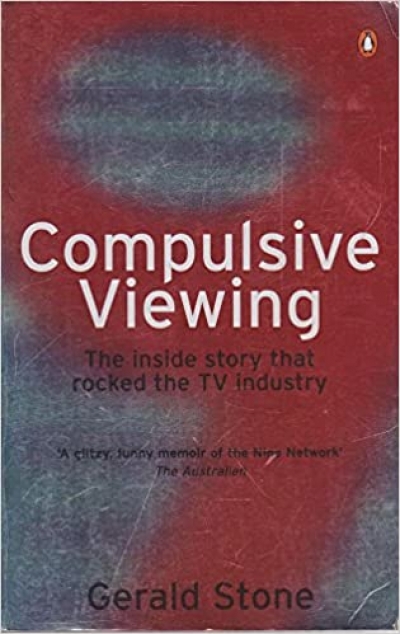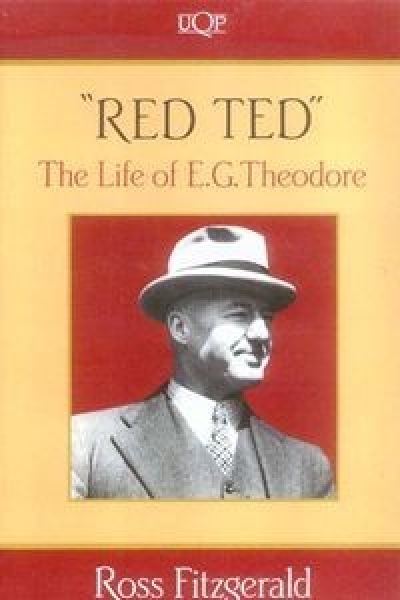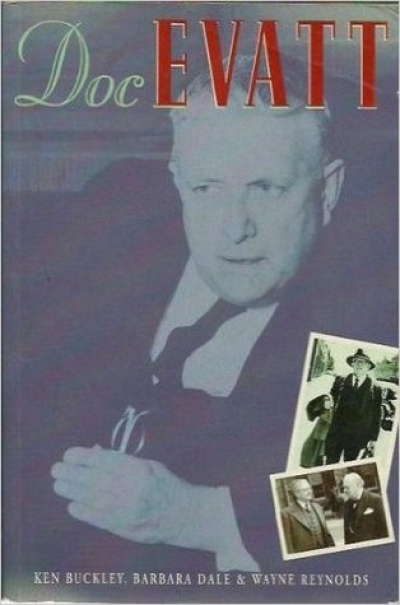Bridget Griffen Foley
The Sydney Morning Herald has been ‘Celebrating 175 Years’ all year. The words adorn every front page; the Herald ran a number of commemorative features to mark the actual anniversary on April 18; and The Big Picture: Diary of a Nation, consisting of essays by journalists and photographs from the Herald’s magnificent photographic library, has been published (see John Thompson’s review in the March issue).
... (read more)On Saturday, 3 December 2005, the day after Nguyen Tuong Van was hanged in Singapore, David Marr contributed a major article, ‘Death of compassion’, to the Sydney Morning Herald’s News Review section. A year earlier, Marr had made a welcome return to the SMH following his spell as host of Media Watch. He is always worth reading: informed by broad interests in the arts, politics and religion, an ongoing commitment to investigative journalism following his years at the National Times, and sometimes by moral outrage, Marr’s writings are some of the most elegant and insightful to grace Australia’s daily press.
This particular Saturday, I finished reading his piece feeling curiously frustrated. Marr explored public reaction to the execution, from the deliberately low-key strategy of the convicted drug runner’s legal team and supporters to the public campaign they ran to save him following his failed appeal for clemency. The article was based on a central premise: ‘roughly half the nation was happy to see him [Nguyen] swing.’ The evidence for this claim? ‘Talkback.’
... (read more)To celebrate the best books of 2005 Australian Book Review invited contributors to nominate their favourite titles. Contributors include Morag Fraser, Peter Porter, Kerryn Goldsworthy, Nicholas Jose and Chris Wallace-Crabbe.
... (read more)An Indian fast-food outlet has named itself after Mahatma Gandhi and features a caricature of his face in neon lights. Tacky? Certainly. Only in America? Only in Australia, actually, or at least that’s what a major cable television channel would like to suggest.
... (read more)To celebrate the best books of 2004 Australian Book Review invited contributors to nominate their favourite titles. Contributors included Dennis Altman, Brenda Niall, Kerryn Goldsworthy, Morag Fraser and Chris Wallace-Crabbe.
... (read more)



